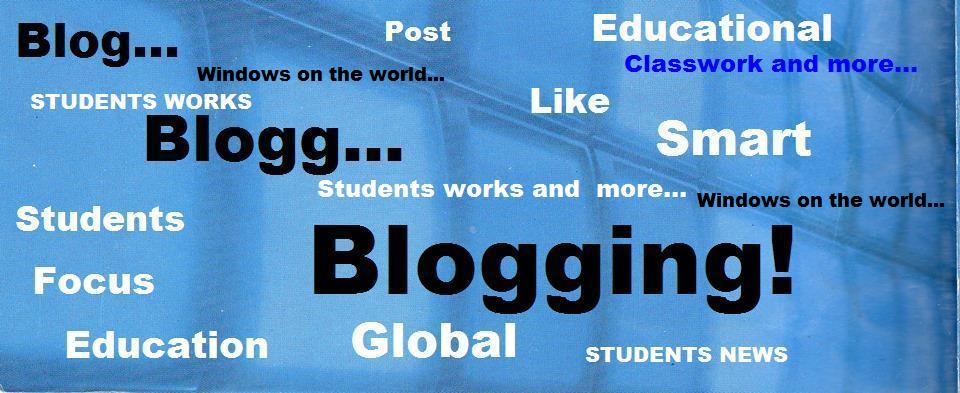I carefully laid out the supplies for the project we’d be creating that day. One sheet of paper, one cut-out to be glued, and one set of directions were placed on each student’s desk. I couldn’t help but smile as I looked at my readied classroom a few minutes before my students would be filing through the open door. I was so excited to see what creative energy they’d use on today’s lesson; they’d worked so hard in this unit and seeing them use their newfound knowledge of sentence structure and synonyms on a creative project was something any English teacher could enjoy.
“This is it,” I thought. “This is exactly what I’m supposed to be doing.”
I love teaching. I love seeing the moment the lightbulb goes off in my students’ minds. I love having the satisfaction of knowing I was a part of their journey—that I helped them learn something useful, or that I encouraged them to explore their creativity and become the person they were always meant to be.
I love teaching—but sometimes (okay, a LOT of times), I don’t feel like I’m teaching. I feel more like I’m managing. I’m documenting. I’m putting on a show I never wanted to be a part of. I’m performing. OR I’m surviving, when I often feel like I’m drowning.
After I prepared the assignment for the day, I looked forward to sharing the instructions and revisiting what I’d taught one more time before giving my students the wheel. However, much of that would never happen.
A voice came over the loudspeaker.
“Good morning. There’s a visitor in the office for you.” Despite my best efforts to appease Elliot’s parents’ concerns about their son’s grades quickly, I had to settle for another teacher overseeing my students walk into my classroom. There goes the plan to greet them at the door and set the tone for the day. By the time I return to my classroom, my students have already examined the assignment in front of them and have 34746924 questions. I’m left playing catch-up and rushing my students through their work before the first-period bell rings.
“It’s fine. Next period, I’ll manage my time better,” I think to myself. Another visitor met me at my classroom door at the start of second period. “Don’t forget that your RTI notes are due next period,” my fellow teacher reminded me. Oh no. How could I have forgotten? I’d need to devote the next hour to detailed written records of why children in my classroom were struggling with their grades.
Sometimes I feel like I’m being punished for giving my students the grade they deserve. I’m pretty sure I’m being bullied into passing each student, with the bully being the mountain of paperwork it takes to give a child an unsatisfactory grade.
I grew impatient. “Read the directions and get started,” I almost barked at my undeserving students. My frustration was spilling over onto them. There was no introduction. There was no teaching. Just busy work for them…and me.
I started to beat myself up over forgetting. “Ugh, I should be better at time management,” I tell myself. The truth, however, was that my planning periods had been filled to the max all week with other paperwork. I felt like I had completed so many written documents. I felt like my classroom felt the best on paper…when it felt the worst to my teacher heart.
I wanted to refuse it all. “No thanks, I’m busy teaching my students,” I’d say in the encounters I created in my mind. I fantasized over standing up to administration. I fantasized overthrowing my paperwork in the trash can and setting it on fire while I redirected my focus to the long-lost art of reading stories to my students or actually listening to their responses.
Instead, we’ve traded funny teacher voices for audiobooks. I have too much to do to actually read to my students.
We’ve traded actual commentary for computer-automated grading systems. We’ve traded a successful classroom for a classroom that “looks” successful on paper for the outside world.
I just want to teach. I don’t want to put out fires all day with parents. I don’t want to chip away at a never-ending pile of paperwork. I don’t want to give my students busy work while I try to get ahead so that I can actually leave at a decent time today.
I just want to teach—
but what people don’t realize is that
I teach less and less each day.
We’re Constantly Checking On Students, But What About the Teachers?
Enter the Mind of a Teacher and Feel the Weight We Carry


